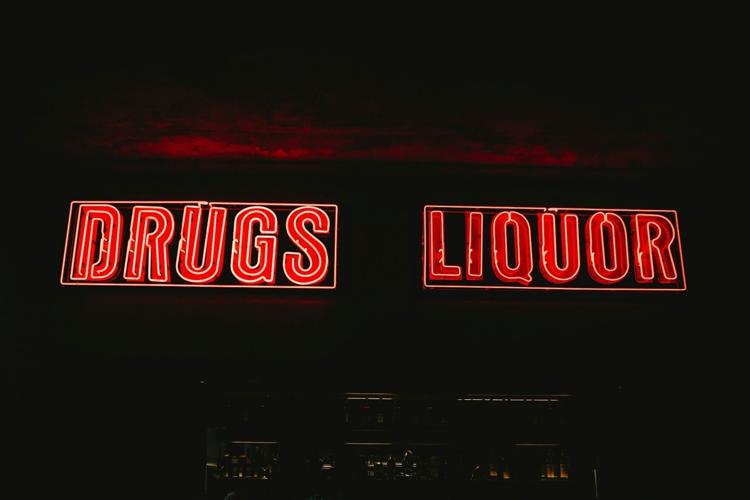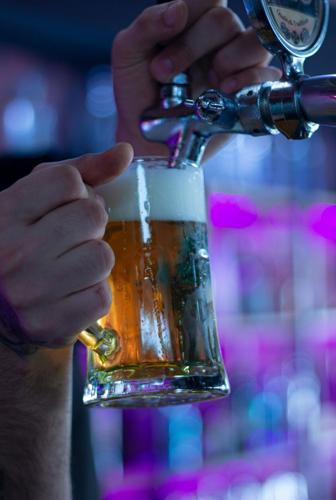
Sérgio Alves Santos
By Stephen Beech
A special wearable patch reduces drug and alcohol cravings, according to new research.
The device can help people with substance use disorders manage stress and lower their risk of relapse, say American scientists.
Former addicts who got a biofeedback device had less negative emotions, reported fewer cravings for booze or drugs and were 64% less likely to use substances on any given day.
The patch was developed by researchers at Mass General Brigham non-profit integrated healthcare system in Massachusetts.
Study corresponding author Dr. David Eddie, a Mass General Brigham psychologist, said: "One of the hallmarks of early addiction recovery is poor self-awareness of emotional states.
"People in recovery can experience a lot of stress, but they often don’t have great awareness of it or proactively manage it."
He explained that, for people in early recovery, stress often triggers cravings, and the struggle to resist those urges can create even more stress.
Together, cravings and stress can lead to relapse.

Matthias Oberholzer
Dr. Eddie says stress and craving also tend to be associated with lower heart rate variability (HRV) - the natural variations in time between heartbeats, which reflects underlying well-being as well as how the body adapts to stress.
Special breathing exercises can raise HRV and help regulate mood and improve cognitive control.
Newer HRV biofeedback devices can detect low HRV and provide visual or auditory cues to guide breathing adjustments.
Dr. Eddie's previous studies found that biofeedback can reduce craving and anxiety in people with substance use disorders.
For the new research, Dr. Eddie's team tested whether an HRV biofeedback device can support recovery from substance use disorders by conducting a phase 2 clinical trial of 115 adults in their first year of recovery from severe addictions.
Half of the participants got a biofeedback smart patch device (the Lief HRVB Smart Patch), and the other half followed the recovery plan they had in place including recovery meetings, psychotherapy, or medicines.
Over eight weeks, participants reported their mood, cravings, and any substance use twice a day with their smartphone.

Mirsadiq Hasanov
Dr. Eddie said: "The latest HRV biofeedback devices can detect when people are stressed or experiencing cravings, and, using AI, prompt them to do a brief burst of biofeedback.
"This allows people to get out in front of risk."
Participants were asked to do at least 10 minutes of scheduled practice a day and at least five minutes of prompted practice.
Dr. Eddie said the participants who got a biofeedback device had less negative emotions, reported fewer cravings for alcohol or drugs and were 64% less likely to use substances on any given day, suggesting that the intervention interfered with the cycle of craving and substance use.
The study, published in JAMA Psychiatry, focused only on people in the first year of an abstinence-based recovery attempt.
Dr. Eddie says further research is needed to determine if the intervention has "sustained" benefits.
He added: “The first year of recovery is immensely challenging.
“Our goal is to find tools that not only bridge people during that first year, but also help them manage their stress for the rest of their life.”























(0) comments
Welcome to the discussion.
Log In
Keep it Clean. Please avoid obscene, vulgar, lewd, racist or sexually-oriented language.
PLEASE TURN OFF YOUR CAPS LOCK.
Don't Threaten. Threats of harming another person will not be tolerated.
Be Truthful. Don't knowingly lie about anyone or anything.
Be Nice. No racism, sexism or any sort of -ism that is degrading to another person.
Be Proactive. Use the 'Report' link on each comment to let us know of abusive posts.
Share with Us. We'd love to hear eyewitness accounts, the history behind an article.